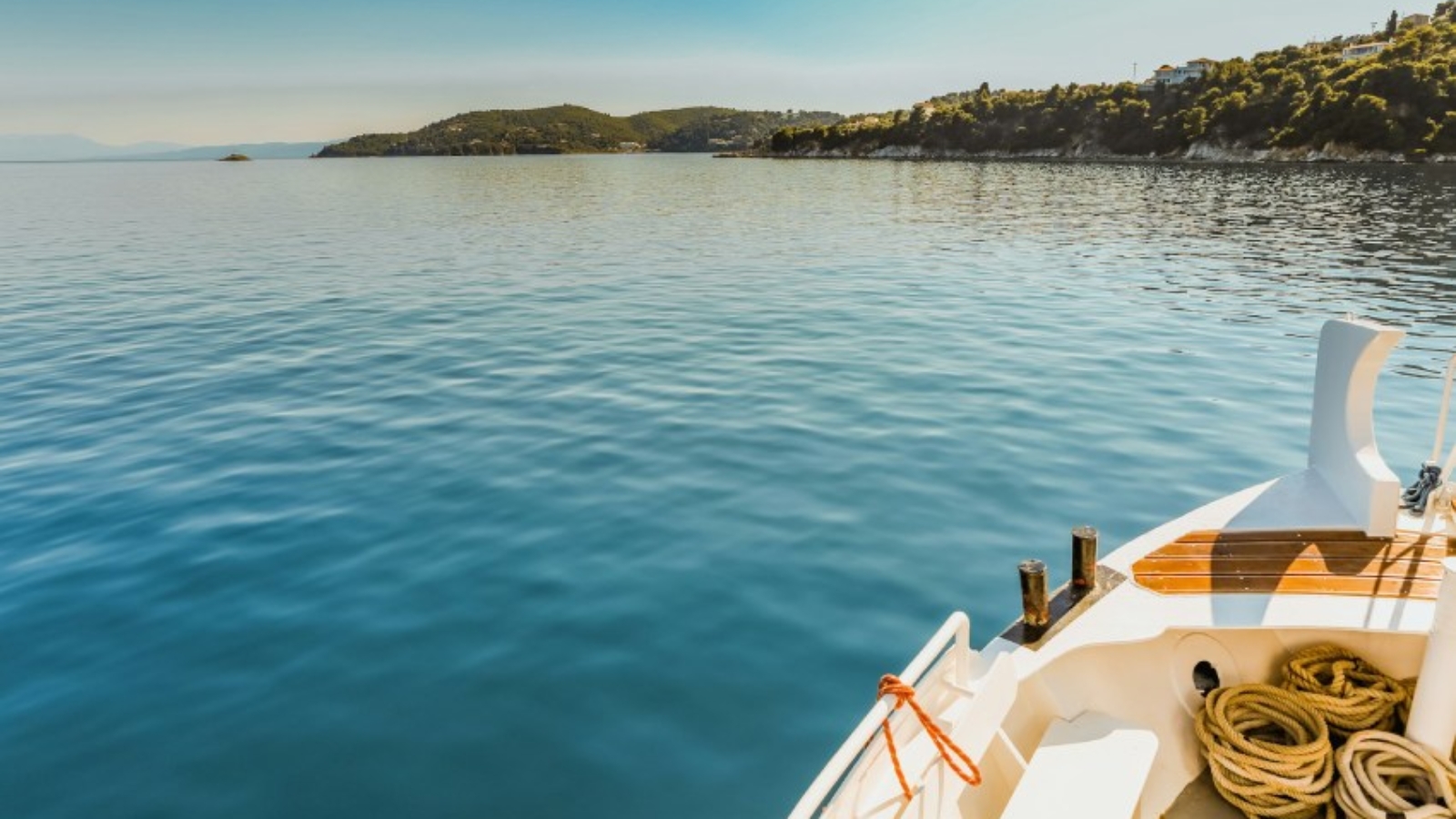Greece is home to some of Europe’s most beautiful and ecologically diverse regions, many of which are part of the Natura 2000 network. Despite this, Greece is currently missing out on an estimated 2 billion euros each year due to the underutilization of these protected areas for eco-tourism. This is a significant lost opportunity for both economic growth and environmental conservation.
The Potential of Natura 2000 Eco-Tourism
The Natura 2000 network is a cornerstone of Europe’s efforts to protect biodiversity. It covers nearly 18% of the European Union’s land area and is designed to safeguard the most valuable and threatened species and habitats. Greece’s contribution to this network is extensive, featuring a wide range of ecosystems, including wetlands, forests, and coastal regions. These areas are not only critical for conservation but also have the potential to be prime locations for eco-tourism, attracting visitors who are keen to experience nature while minimizing their environmental footprint.
Current Challenges and Barriers
Several challenges currently prevent Greece from fully capitalizing on its Natura 2000 eco-tourism potential within these sites. The most significant issues include:
- Lack of Infrastructure: Many of these protected areas lack the necessary infrastructure to support eco-tourism. Without facilities such as eco-friendly accommodations, well-maintained trails, and visitor centers, these areas remain largely inaccessible to tourists.
- Limited Promotion: There has been little effort to market these areas as eco-tourism destinations. Potential visitors are often unaware of the unique experiences available in these regions, resulting in low tourist numbers.
- Local Community Involvement: Local communities in and around Natura 2000 sites often lack the resources or knowledge needed to develop eco-tourism initiatives. This results in missed opportunities for economic development in rural areas that could benefit from tourism revenue.
Economic Benefits of Natura 2000 Eco-Tourism
Eco-tourism is not just about protecting the environment; it also offers substantial economic benefits. Tourists interested in nature and sustainability tend to spend more on their travels, seeking out unique experiences that are often more expensive than typical tourist activities. By developing its eco-tourism sector, Greece could diversify its tourism industry, making it more resilient to seasonal fluctuations and less dependent on traditional beach tourism.
Moreover, eco-tourism tends to attract tourists year-round, providing a stable source of income for local communities. This could be particularly beneficial for rural areas, where other economic opportunities may be limited. By creating jobs and supporting local businesses, eco-tourism could play a significant role in reducing economic disparities between urban and rural regions.
Steps Towards Realizing Natura 2000 Eco-Tourism Potential
To harness the potential of its Natura 2000 sites, Greece needs to implement a comprehensive strategy that includes:
- Investment in Infrastructure: Developing sustainable tourism infrastructure is essential. This includes building eco-friendly lodges, improving accessibility, and creating educational facilities that enhance the visitor experience while minimizing environmental impact.
- Community Engagement and Training: Local communities should be at the heart of eco-tourism initiatives. Providing training and resources will empower them to create and manage tourism projects, ensuring that they benefit directly from the influx of tourists.
- Strategic Marketing: Greece needs to raise awareness of its Natura 2000 sites as prime eco-tourism destinations. This could be achieved through targeted marketing campaigns that highlight the unique biodiversity and conservation efforts in these areas. Collaborating with international tour operators who specialize in eco-tourism could also help to attract a global audience.
- Policy Support: The Greek government must ensure that policies and regulations support sustainable tourism development in Natura 2000 sites. This includes enforcing environmental protections while encouraging responsible tourism practices.
Looking Forward
Greece has a unique opportunity to transform its tourism sector by tapping into the eco-tourism potential of its Natura 2000 network. By addressing the current challenges and implementing a strategic approach to development, Greece can create a sustainable tourism model that benefits both the environment and the economy. This would not only generate significant revenue but also position Greece as a leader in eco-tourism within Europe.
By focusing on sustainable development, Greece can preserve its natural heritage while also providing economic opportunities for its people. The time to act is now, to ensure that these valuable natural resources are protected and utilized in a way that benefits everyone.
Conclusion
The underutilization of Greece’s Natura 2000 sites for eco-tourism represents a significant missed opportunity. By investing in infrastructure, engaging local communities, promoting these areas effectively, and ensuring supportive policies, Greece can unlock a major economic and environmental asset. Promoting eco-tourism could lead to more sustainable growth, benefiting both local communities and the broader economy while preserving the natural beauty that makes Greece a unique destination.
Learn more here: Greece Misses Out on 2 Billion Euros Annually from Untapped Natura 2000 Tourism Potential


